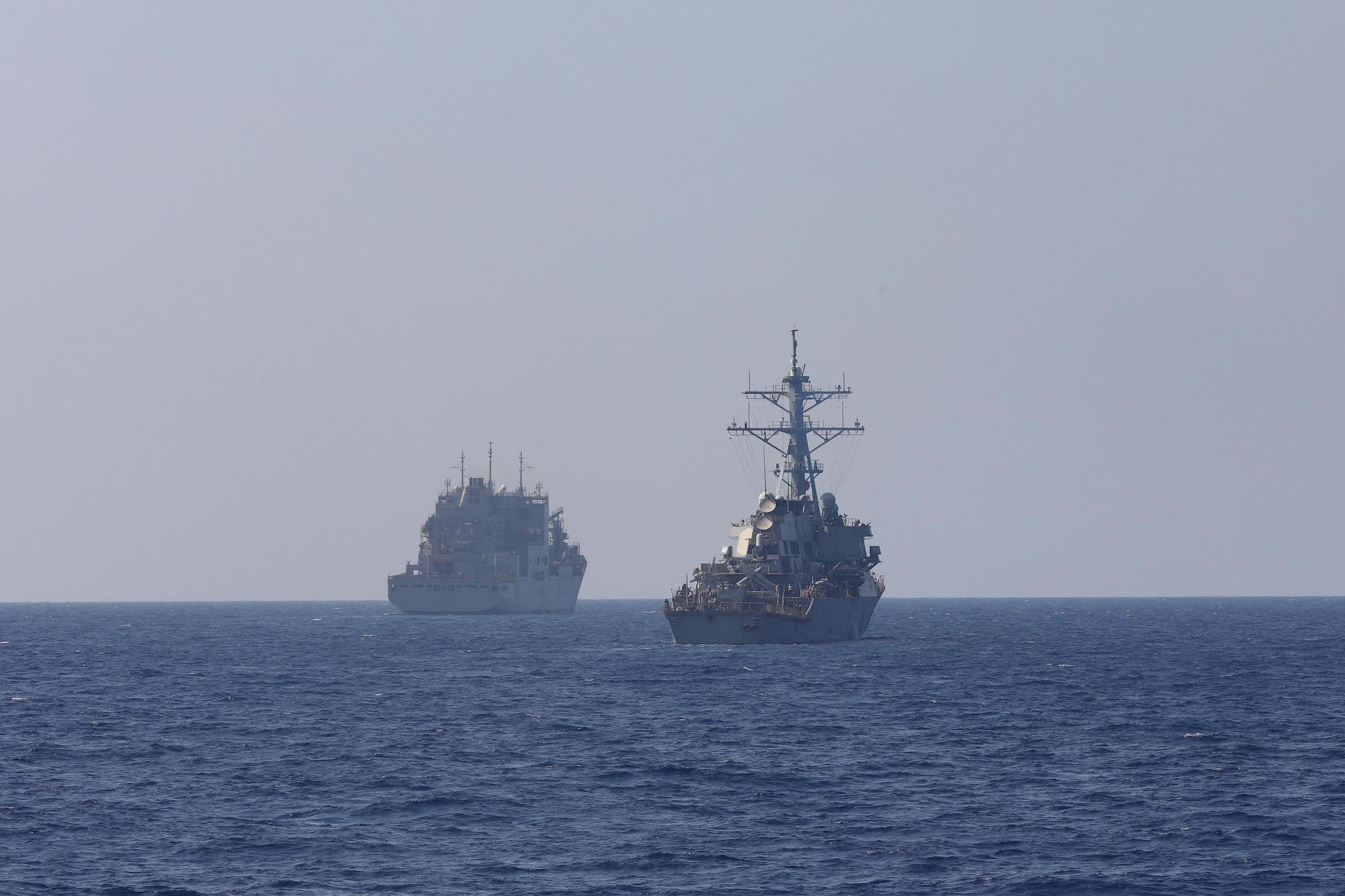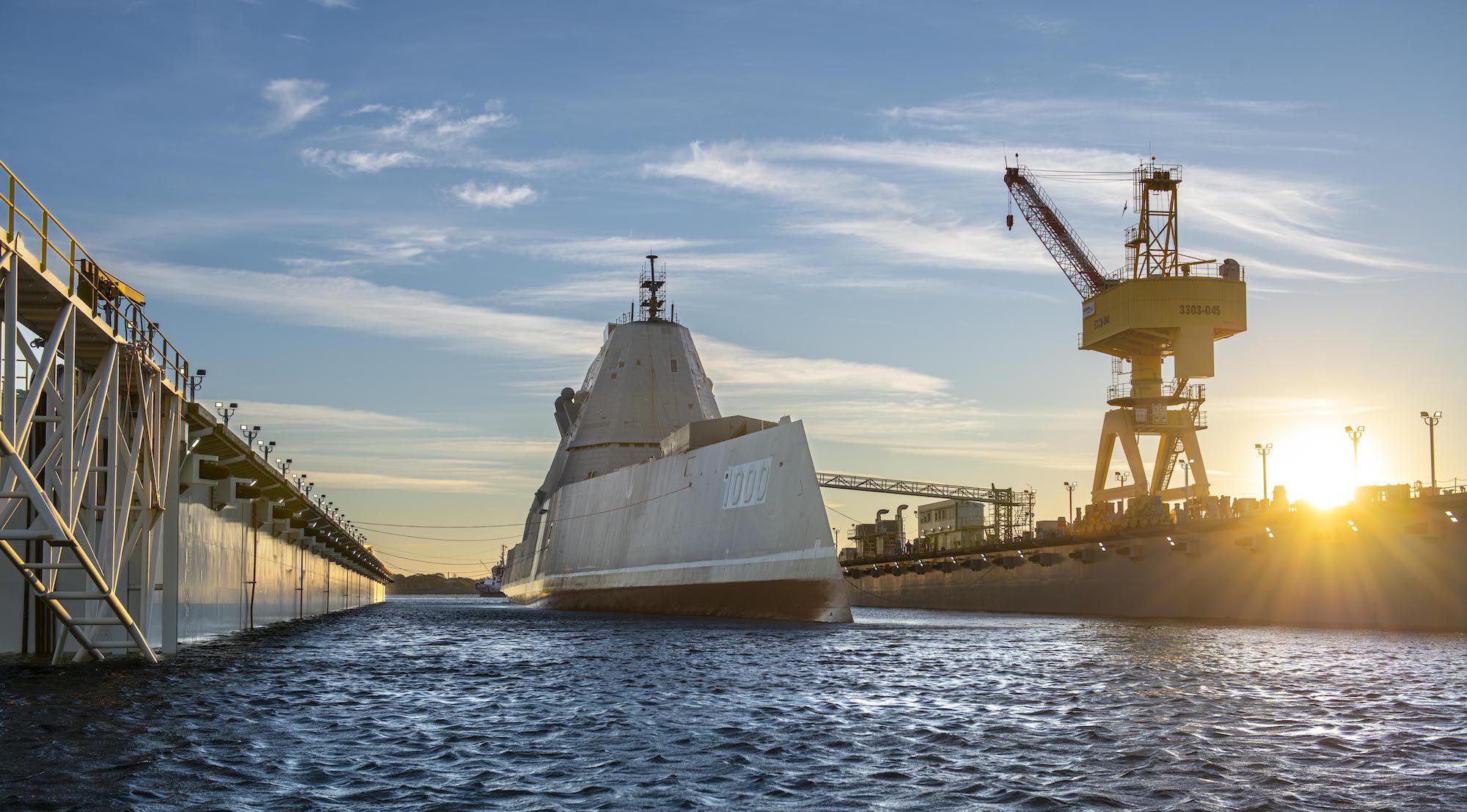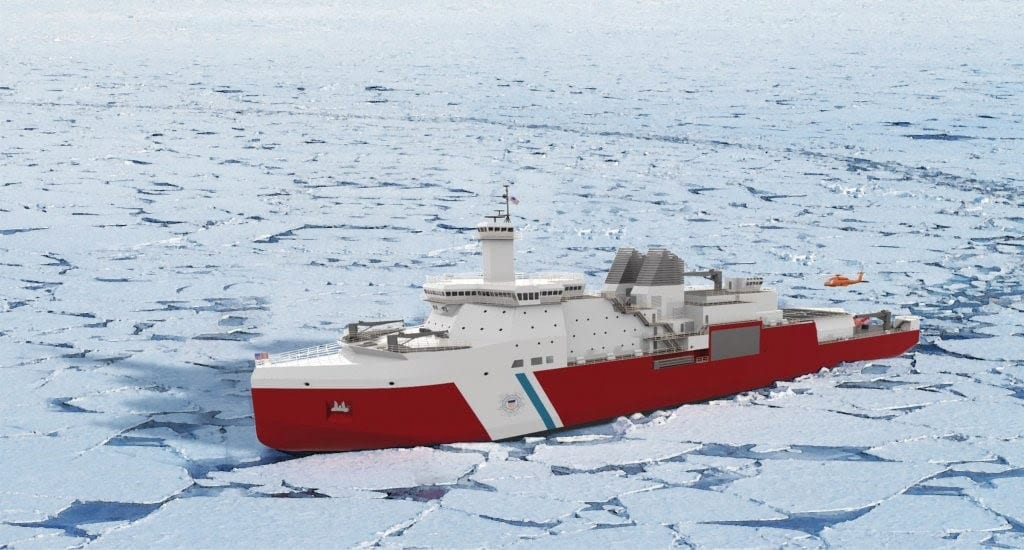Britain has condemned the recent attacks on commercial shipping in the Red Sea and has placed the blame on Iran for supporting the Houthi militants responsible for the incidents. The United States also is holding Iran accountable for enabling these attacks.
The latest attacks, which occurred on Sunday in international waters in the southern Red Sea, targeted three commercial vessels. Yemen’s Houthi group claimed responsibility for the attacks, stating that they had launched drone and missile attacks against two Israeli ships. These incidents add to a growing list of similar attacks on Israeli-linked commercial ships in the area in response to the Israel-Hamas war in Gaza.
Maritime security incidents in the Red Sea have the potential to disrupt shipping through a major maritime trade route that accounts for over 10% of global trade, spanning from the Suez Canal through the Bab el Mandeb Strait to the Gulf of Aden.
In a statement, the British government reiterated its commitment to ensuring the safety of shipping in the region and also highlighted the significance of the Red Sea waters for trade. It also placed blame on Iran for backing the Houthis.
“Iran has long provided military and political support to Houthi militants, and it bears responsibility for the actions of its proxies and partners,” the statement said.
According to the U.S. Central Command (CENTCOM), there were four attacks on three separate commercial vessels operating in international waters in the southern Red Sea on Sunday. The USS Carney, an Arleigh-Burke Class destroyer, responded to distress calls from the ships and provided assistance, shooting down multiple drones in the process.
In once instance, the Carney detected an anti-ship ballistic missile attack fired from Houthi-controlled areas of Yemen, targeting the M/V Unity Explorer, a Bahamas-flagged and U.K. owned bulk cargo ship. The Carney, while in international waters, engaged and shot down a unmanned aerial vehicle (UAV) launched from Houthi-controlled areas. Another inbound UAV was also destroyed by the Carney while assisting Unity Explorer, which reported minor damage from a missile strike.
In a separate incident, the M/V Number 9, operating in international shipping lanes in the Red Sea, was struck by a missile fired from Houthi-controlled areas in Yemen. The Panamanian-flagged and Bermuda and U.K. owned bulk carrier reported damage but no casualties. Another vessel, the M/V Sophie II, a Panamanian-flagged bulk carrier, also sent a distress call reporting a missile strike, but sustained no significant damage.
“These attacks, while launched by the Houthis in Yemen, are fully enabled by Iran,” CENTCOM said.
The attacks pose a direct threat to international shipping and maritime security and put the lives of international crews from multiple countries at risk.
In a White House press briefing on Monday, National Security Advisor Jake Sullivan reiterated CENTCOM’s position that the attacks were “fully enabled” by Iran, which supplied the weapons. Sullivan also said the U.S. was in talks with other countries about the establishment of a maritime task force and that those talks were “ongoing.”
The attacks follow threats from Houthi leaders against Israeli-linked ships in the region. Notably, the Houthi group is currently holding the Galaxy Leader car carrier, hijacked in the southern Red Sea on November 19, with all 25 crew members still onboard.
In another incident last week, the U.S. Department of Defense confirmed that two ballistic missiles were launched towards the USS Mason and a commercial tanker, the Central Park, from Yemen. These incidents occurred shortly after the USS Mason intervened to free the Central Park from armed individuals, later identified as Somali pirates, who had boarded it in the Gulf of Aden.
The Red Sea attacks also come after a series of incidents earlier this year by Iran near the Strait of Hormuz, leading to an increase in U.S. forces in the region. The U.S. claims that Iran has attacked or seized at least 20 merchant vessels in the region since 2021.
In July, the USS McFaul disrupted two approaches on commercial ships by an Iranian naval vessel, with one instance involving the vessel firing upon the Bahamas-flagged tanker Richmond Voyager chartered by the U.S.-based Chevron.
A few months earlier in April, Iran seized the Houston-bound Marshall Islands-flagged oil tanker Advantage Sweet, also chartered by Chevron, in international waters in the Gulf of Oman. Another tanker, the Panama-flagged Niovi, was also seized by Iran’s Islamic Revolutionary Guard Corps Navy (IRGCN) in the Strait of Hormuz a week later. Those two ships are still be held by Iran, according to TankerTrackers.com.
These recent attacks and ongoing tensions in the region highlight the need for continued efforts to ensure the safety of commercial shipping in the Red Sea and beyond.

 Join The Club
Join The Club











